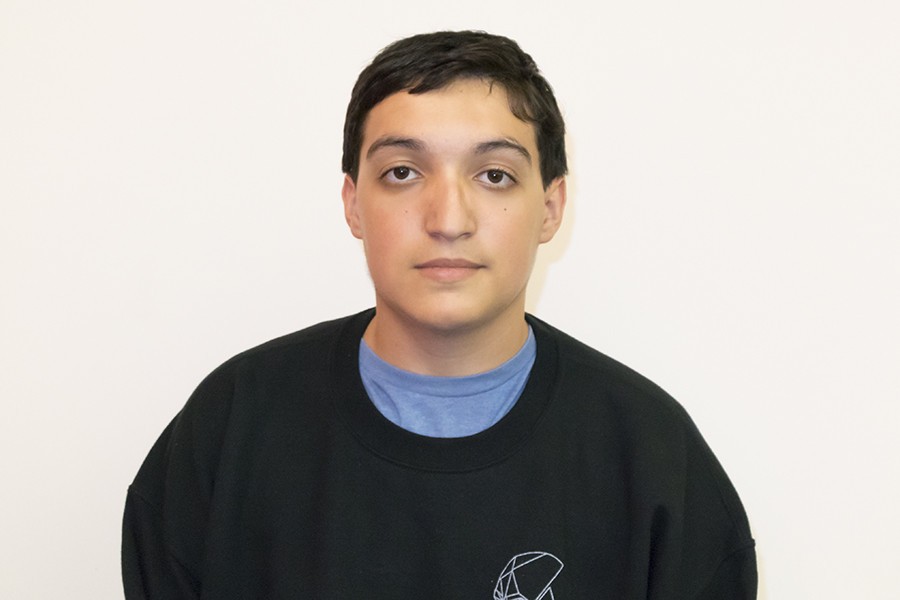Let White People Talk White Privilege
April 18, 2016
For the past few months I have been working with a campaign called The Whiteness Project. Now before you close this tab and label me as a white supremacist, hear me (and its creator, Whitney Dow) out. The project is an interactive look into how white Americans perceive their racial identity, and experience their race.
Being white in America affords individuals a significant degree of privilege, but the specific ways that privilege manifests itself are hard to pin down. The Whiteness Project recognizes this, and looks deeper into how that privilege affects day-to-day life. It seeks to explore what the role of whiteness in American society should be, as opposed to what it is.
Much like the white man has dominated American society for hundreds of years, racial conversations are dominated by minority voices, often leaving white people out of the debate. When white people make a move to put their thoughts out into the open within a racial context, their thoughts are often invalidated due to the position of white people within American society.
Notions of fairness, ultimately, aren’t the central issue here. Whiteness has been used for centuries to invalidate the experience of other races to continually subjugate and oppress people of color. Having white people once again enter the realm of race can appear, in a sense, imperialistic to some people, as if they are once again forcing themselves onto minorities. But this kind of thinking is only detrimental. Racial issues, especially in the United States, will never be solved if the conversation inherently invalidates white people.
However, the blame for the lack of inclusive racial dialogue doesn’t rest on the quality of conversation. Many white Americans simply don’t see the value in engendering a debate about the role of whiteness in societies. In fact, as the Whiteness Project — which takes the form of a series of interviews of white or partially white Americans — shows us, white people in America often refuse to confront the role that their race plays in their lives. The project aims to end that habit, as well as encouraging white people to join the racial debate.
Joining the racial debate as a white person is possible. In order to do it, white people need to confront the inevitable consequences of their racial identity, and how whiteness plays into these conversations. Reflection is hard to do, especially when you, like me, are part of an exceptionally privileged race, gender and class. Regardless, it is important as white people looking to improve the dialogue around race and identity to look for ways to confront and grapple with our own whiteness, and reflect on how that affects us all.
Opinions expressed on the editorial pages are not necessarily those of WSN, and our publication of opinions is not an endorsement of them.
A version of this article appeared in the Monday, April 18 print edition. Email Patrick Seaman at [email protected].























































































































































